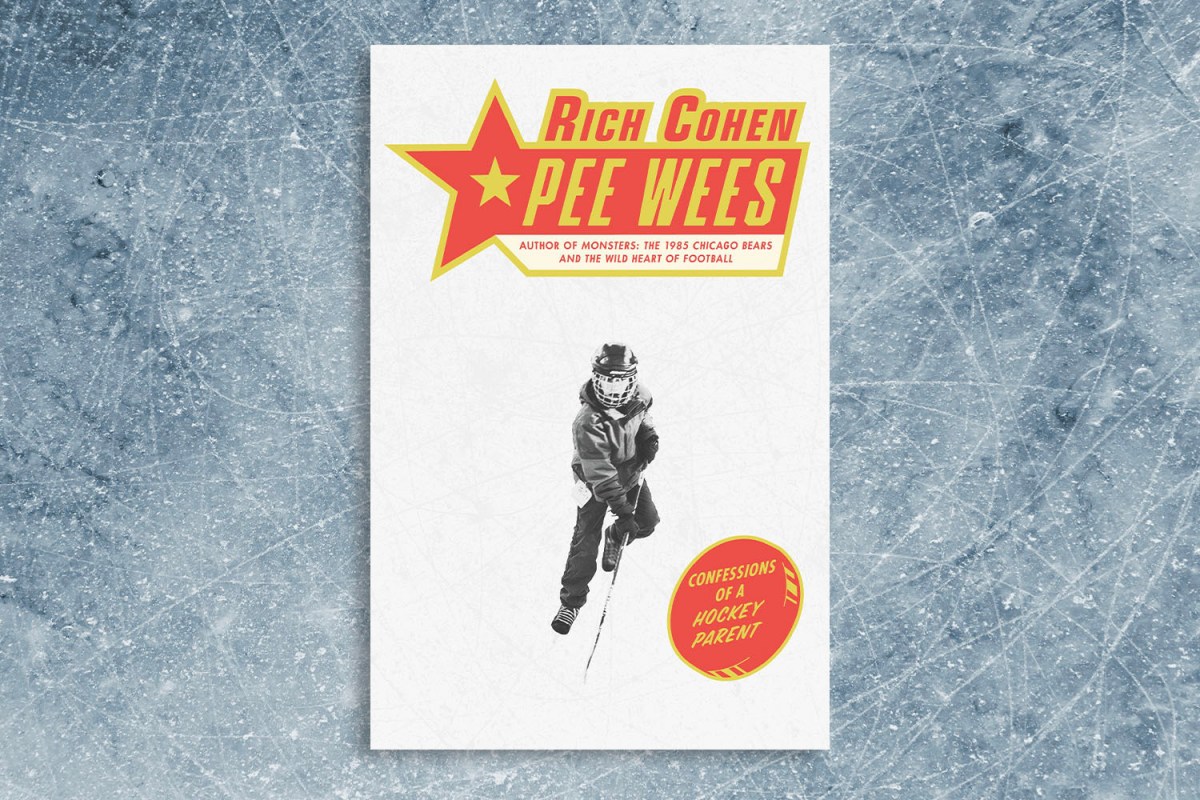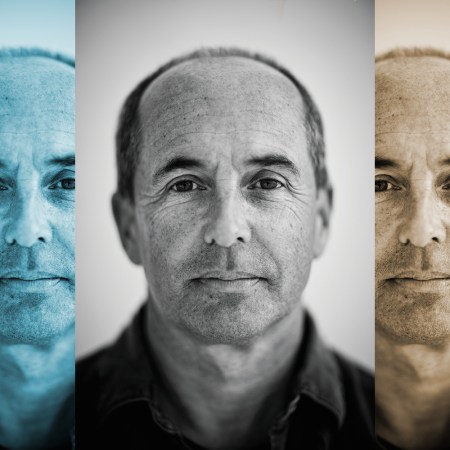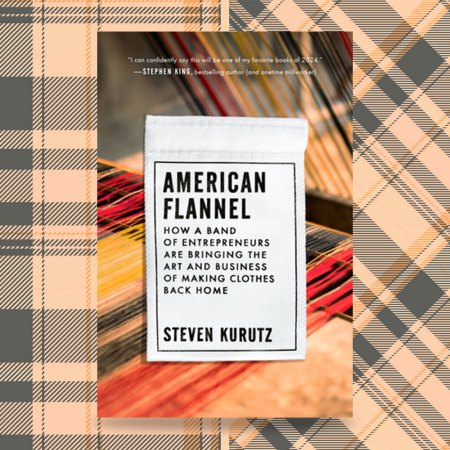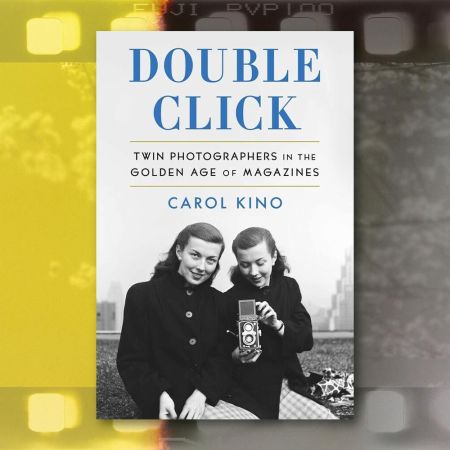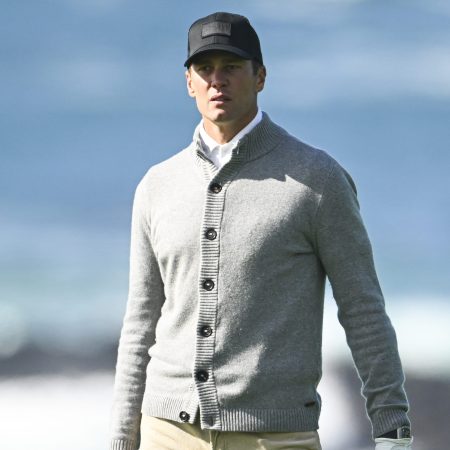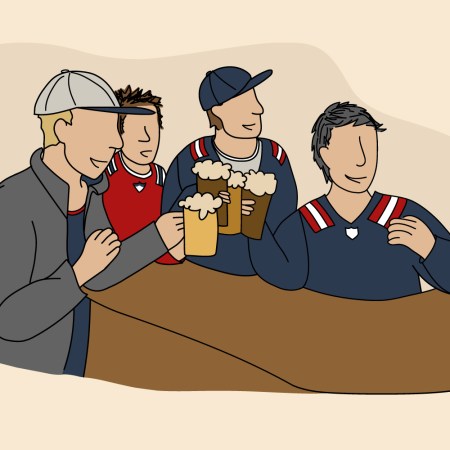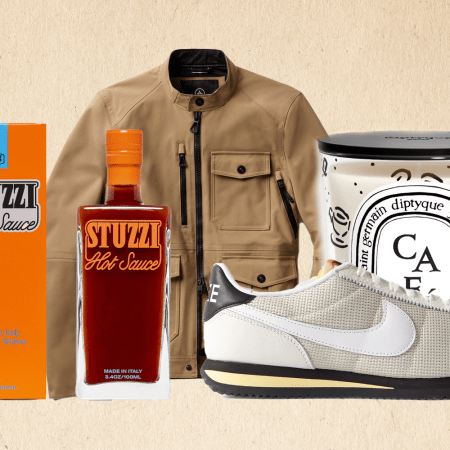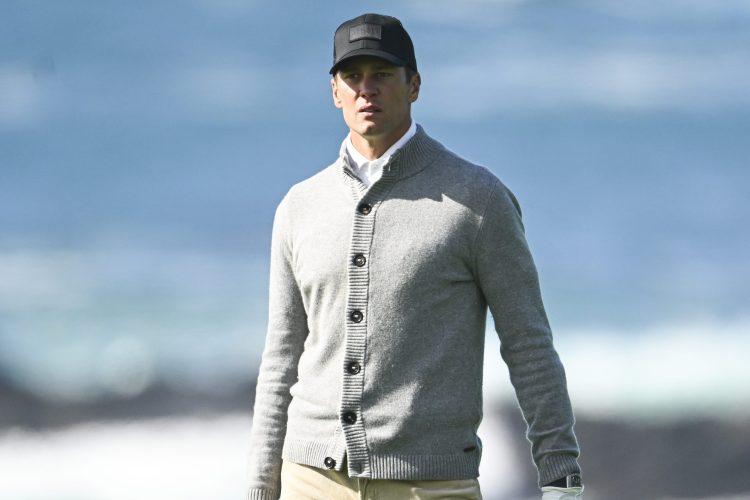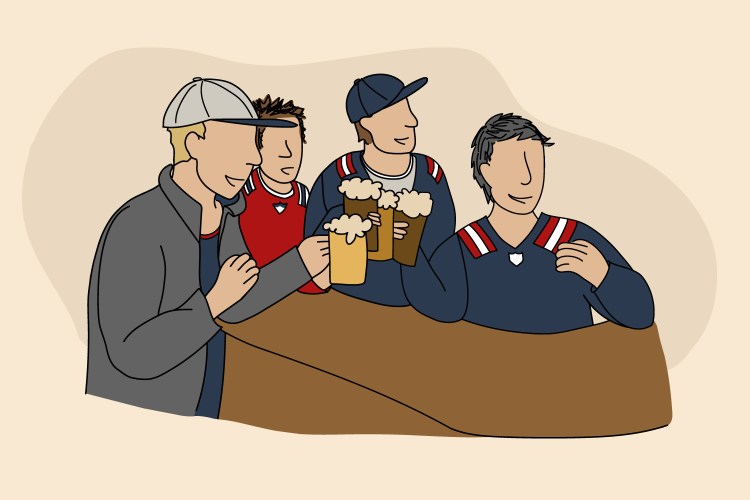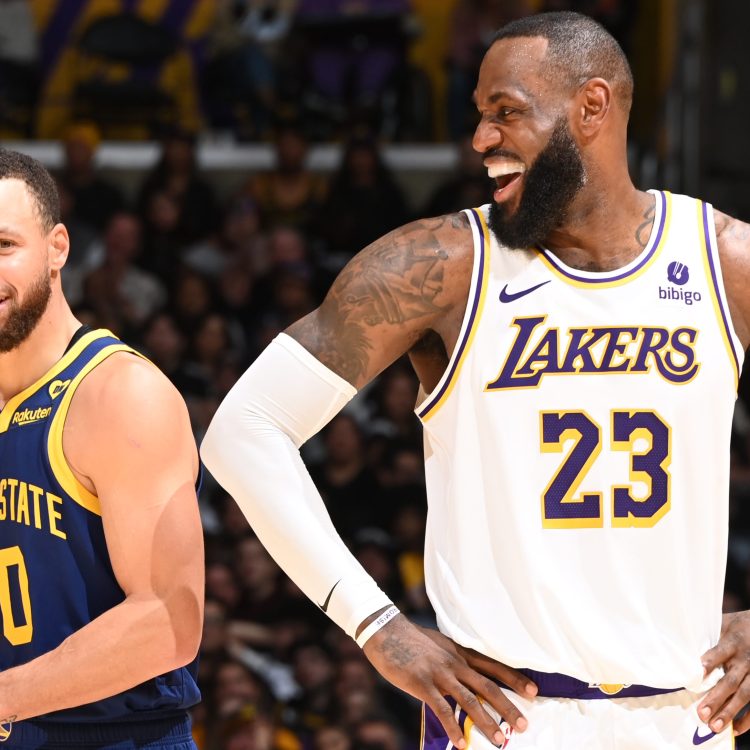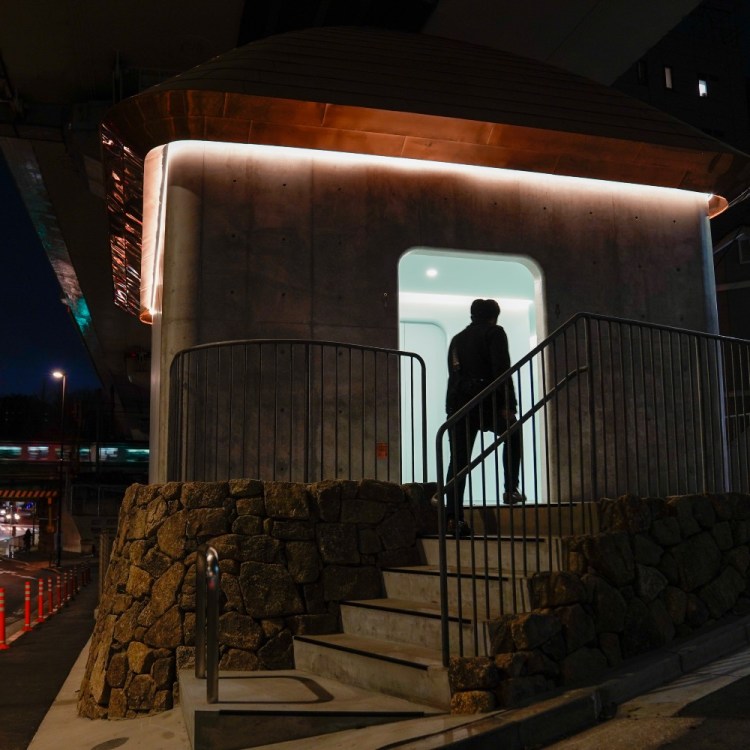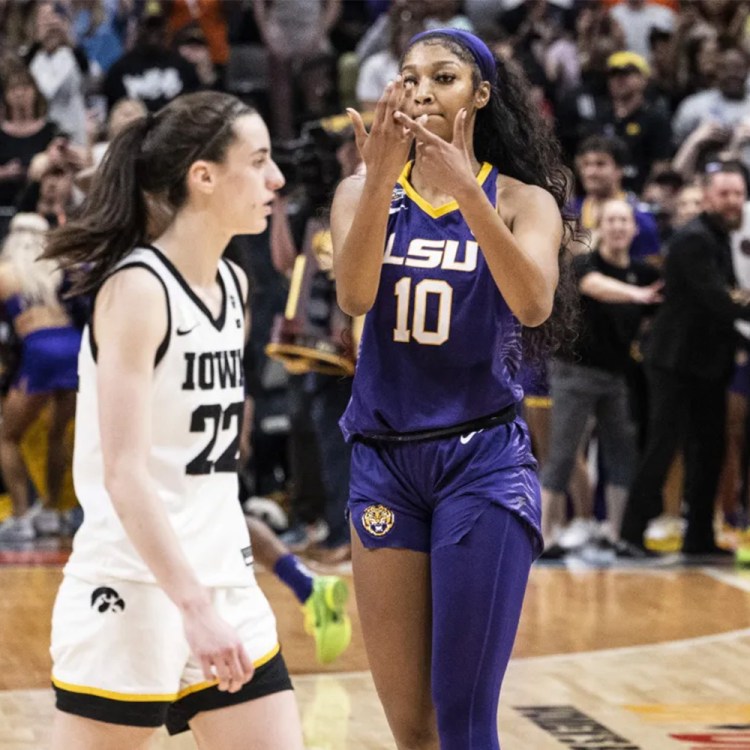Rich Cohen is a lot of things. Journalist. Author. Historian. TV show creator. Chronicler nonpareil of everything from the Jewish diaspora to United Fruit Company to the ‘85 Chicago bears.
But he’s also a father, a role that features prominently in his latest book, Pee Wees: Confessions of a Hockey Parent.
The book bridges the gap between the experiences of a Gen-X hockey parent and his young son, exploring how the game has changed, and also some of the ways it hasn’t. It’s also a testament to the ineffable sense of pride and satisfaction a parent might get out of watching their kid play a sport they love.
In the case of the following excerpt from the book, which appears with permission from Farrar, Straus and Giroux, Cohen, a parent-coach for his son’s team, goes up against an all-time legend during a game and thinks for a fleeting time that he’s going to come away victorious. It’s a telling but also hilarious part of this great book that shows that, even as we age, we still have “teachable moments” if we’re willing to pay attention.
Meeting Messier
By Rich Cohen
I’d volunteered to coach. After all, this was said to be the whole point: father and child together on the ice and on the road. But I was a bad coach, moody and aloof. I’d never been a leader. I’m a slave to the chemicals in my brain, that great tidal flow.
I imagined being a different sort of person as a coach. I’d skate beside my boy and his teammates, guiding them through the particulars of the game, but I was in fact impatient. I could never clearly explain what I wanted them to do, or get them to do it. It was even worse with my own kid. I never forgot that I loved him, but I could only see what he was doing wrong.
Near the end of his hockey career, we played in a tournament in West Hartford. A Sunday in November, the worst time of year. The leaves had fallen, the highway was black. The parents sat in the locker room with their kids before the last game, bullshitting. They chatted as they filed out, men swaggering in flannel. Then filed back in, only now quiet and pale. Something important had happened.
“What’s going on?” I asked.
“Do you know who’s coaching the other team?”
“No. Who?”
“Messier.”
Mark Messier played in the NHL from 1979 to 2004. He was one the best forwards in history, a Gordie Howe–like All-Star who, like Gordie, could score, assist, brawl. He’d been a champion and a captain in Edmonton and New York. In 1994, when the Rangers faced elimination in game six of the Stanley Cup semifinals, Messier guaranteed victory, then backed it up by scoring three times in the third period against the New Jersey Devils. He did not mess around when he played—no dipsy-doodle. When he got the puck, he went to the net by the shortest route possible. He never lost sight of the game’s essential object: score more goals. He collected forty-three points in his last season, when he was forty-three.
It’s not just the Hall of Fame career that impresses and intimidates, but how Messier carries himself, the way he looks. The Captain has high cheekbones and dark, almond-shaped eyes and chiseled features. Even in repose, he seems to be glowering. When Raoul Walsh spotted, then hired the unknown John Wayne to star in The Big Trail, he explained himself by saying, “Damnit, the son of a bitch looked like a man.” It was just like that with the parents the Ridgefield, Ct. Squirt A’s and Messier. He’d slimmed down since retirement—was bald, tall, and handsome, but still 100 percent Messier. He’d was presumably coaching his son’s Greenwich, Ct. team in for the same reason I was coaching my son’s team Ridgefield: togetherness.
We scored three goals in the first period, building a lead that seemed insurmountable. I looked at Messier. He looked back—he was wearing jeans and a long, black coat— and nodded.
By God, he nodded!
I called my wife between periods. You’re not supposed to use a phone on the bench, but I couldn’t help it. “I just wanted you to know that we’re playing Mark Messier’s team and we’re going to win,” I told her. “I am going to beat Messier!”
We would’ve won, too, if not for the most ostentatious celebration I’ve ever seen. A kid whose name I forget scored early in the second period, putting us ahead 4–0. He pumped his fist when the puck went in—which, fine—then did a routine that covered the entire ice. He as like Brian Boitanao or Dick Button out there, pointing at every kid on the Greenwich bench, riding his stick like a pony, doing the robot, then giving his goal up to God, at which point, Messier, who had not seemed all that engaged, called a time-out. He said a few words to his players, then made some adjustments. A Greenwich kid who’d been sitting out tightened his skates and went onto the ice. Messier’s son Douglas moved from defense to center. He won the face-off, then scored. He scored again, then again. When it was over, Greenwich had beaten us by six goals. Our parents waited at the rink door to shake Messier’s hand. Parents are normally quiet after a thumping. Ours were giddy. They said things like, “Great game, Mr. Messier. It’s not who wins or loses, right, Captain?” Being at the rink with the Hall of Famer seemed to justify every decision they’d ever made in their lives.
I was not in such high spirits. It was a dark autumn night with a cold front moving in. I carried my son’s equipment bag to the minivan, then stood over the hatchback trying to make it fit. I felt something roll up beside me, the humming presence of an elegant machine. I looked over. It was the Messiers—Mark and Douglas—in a low-riding car, possibly a Maserati, possibly something even more powerful. Messier flashed me a peace sign, then roared off. Watching his taillights, I smiled to myself and said, “Son of a gun, he did it again.”
“Who was that,” my son asked when I got in the car.
“Nobody,” I said. “Just the coolest man alive.”
And then, I started the car and headed home, the burden of the coming winter somehow lightened.
This article was featured in the InsideHook newsletter. Sign up now.
